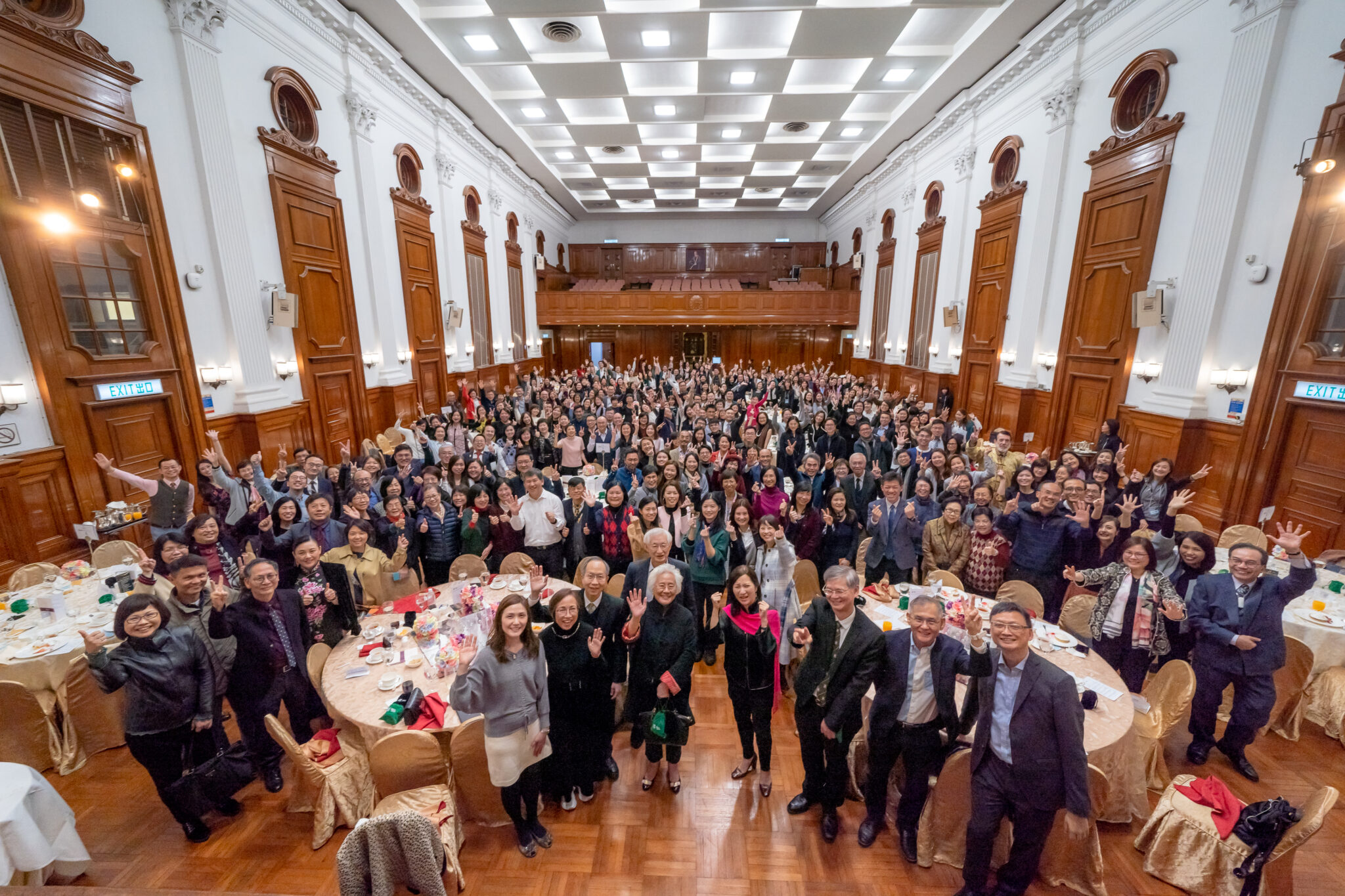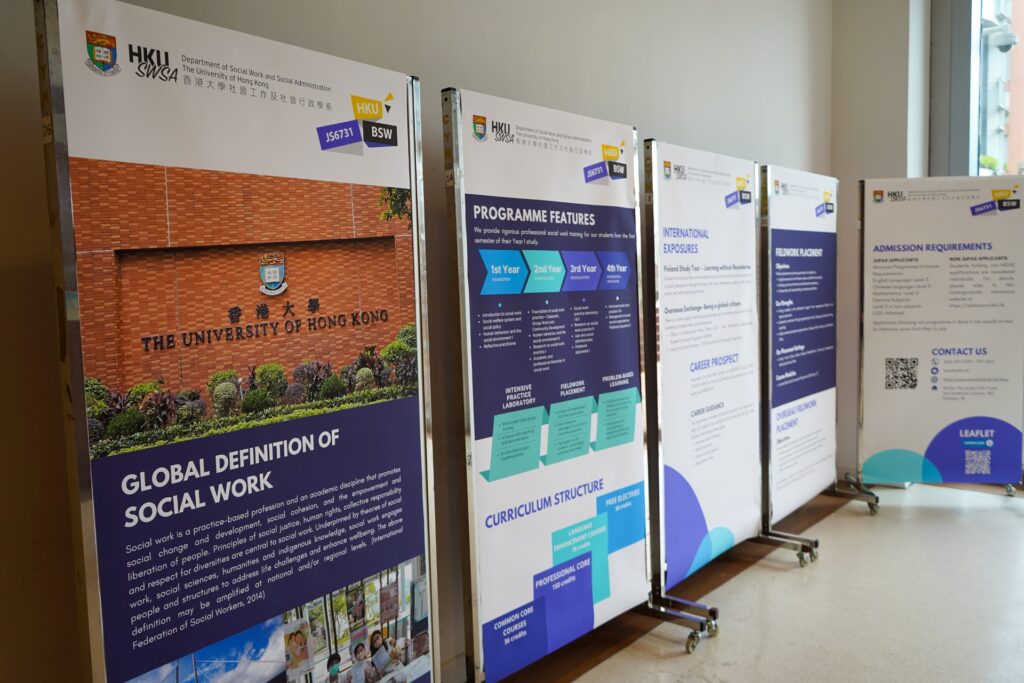Social-emotional competence (SEC) has been demonstrated to be a crucial factor for student mental health and is malleable through the high-quality implementation of effective school-based social and emotional learning (SEL) programs. SEL is now widely practiced in the United States as a Tier 1 strategy for the entire student body, yet it remains unclear whether disparities exist in the development of SEC across socio-culturally classified subgroups of students. Also, despite the field’s widespread concern about teacher bias in assessing SEC within diverse student bodies, little evidence is available on the measurement invariance of the SEC assessment tools used to explore and facilitate SEC development. Based on a sociocultural view of student SEC development, this study aimed to measure and examine the extent to which gender, racial-ethnic, and socioeconomic disparities exist in SEC developmental trajectories during elementary school years. Specifically, using 3 years of SEC assessment data collected from a districtwide SEL initiative (N = 5452; Grades K?2 at baseline; nine measurement occasions), this study (a) tested the measurement invariance of a widely-used, teacher-rated SEC assessment tool (DESSA-Mini) across student gender, race and ethnicity, and socioeconomic status (SES); and (b) examined the extent to which multiyear SEC growth trajectories differed across these subgroups under a routine SEL practice condition. The invariance testing results supported strict factorial invariance of the DESSA-Mini across all the examined subgroups, thereby providing a foundation for valid cross-group comparisons of student SEC growth. The piecewise latent growth modeling results indicated that boys (vs. girls), Black students (vs. White students), Hispanic students (vs. White students), and low-income students (vs. middle-to-high-income students) started with a lower level of SEC, with these gaps being sustained or slightly widened throughout 3 elementary school years. Based on these findings, this study calls for future research that can inform practice efforts to ensure equitable SEC assessments and produce more equitable SEL outcomes, thereby promoting equity in school mental health.
Congratulations to Prof. LOU W.Q. Vivian on being recognized among the Healthy Ageing 50 Leaders by the UN Decade of Healthy Ageing (2021?2030). The Healthy Ageing 50 highlights people from every region and sector?government, civil society, academia, and business?whose work is measurably improving the lives, rights, and well-being of older people and advancing the Decade?s priorities: combating ageism, fostering age-friendly environments, and expanding access to integrated and long-term care. Honourees are profiled on the Decade platform to showcase approaches with proven impact and potential to scale, and to catalyse collaboration across countries and disciplines?reflecting Dr. LOU?s leadership in ageing and longevity.
Learn more: https://www.decadeofhealthyageing.org/topics-initiatives/other-initiatives/healthy-ageing-50#anchor_two
Prof. LAW Y.W. Frances was admitted as a Fellow of the Academy by the Hong Kong Academy of Social Work. The Fellowship is a senior professional honour that recognizes social work leaders with sustained, exemplary contributions to the profession and the community. Fellows are peer?acknowledged for their professional excellence and leadership, ethical standing, impact on practice and policy, scholarship and education, and dedicated service. As a Fellow, Prof. Law is part of a community expected to set standards for the field, champion continuing professional development, mentor the next generation, and help advance the Academy?s mission to strengthen social work quality and public trust in Hong Kong. This recognition affirms her leadership and broad impact across research, practice, and community engagement.
Learn more: https://academy.hkswa.org.hk/zh-HK/membership/information/fellow/





